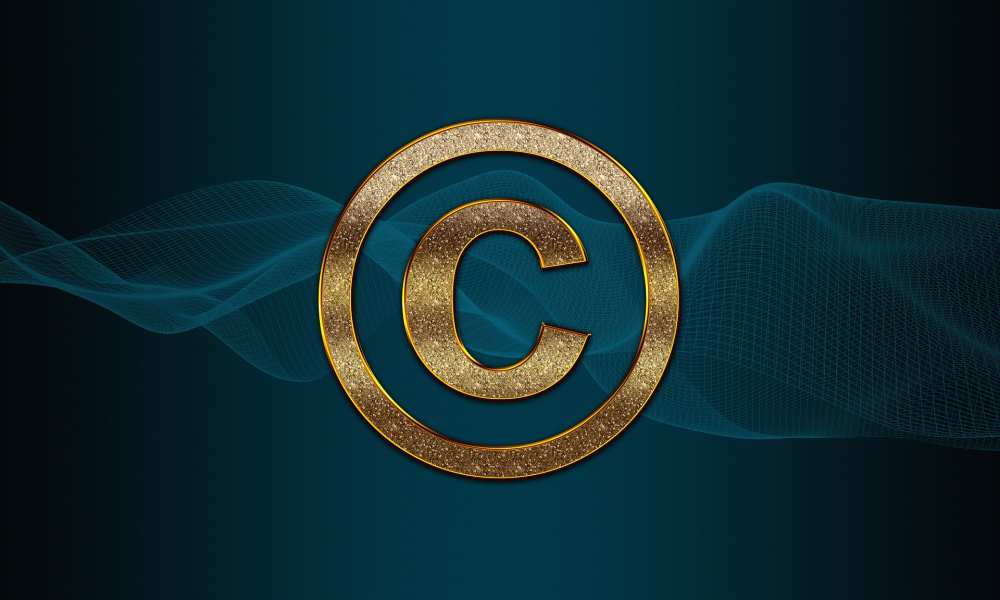This is an overview of the proposed Directive on Copyright in the Digital Single Market by the practicing IP lawyer.
*intro by ArtLaw.club
Dimitris Chibisovs
Legal Consultant
IP Lawyer: New Copyright Directive to end "Link Tax" debates
On 26 March 2019 EU Parliament approved the so-called “compromised” text of the proposal for a Directive on Copyright in the Digital Single Market[1]. The approved proposal is drastically different from the first draft of September 14, 2016. Being called by EU as a “compromise”, this 28th attempt (if to count previous proposals and assessments) still ignites debates among major stakeholders.
Proposal for Directive was originally drafted in 2016 and provided harmonized approach to copyright issues in the Internet[2]. Proposal enshrined specific rules regarding protection of press publications and digital content stored or accessed via “information society service providers”[3] (ISSP). Under category of ISSP someone may consider social networks like Facebook, LinkedIn, Twitter, as well as search engines like Google, Yandex and online encyclopedia like Wikipedia or other platforms such as GitHub.
The approved Directive provides the following rules that are of paramount interest to IP creators and digital market professionals:
- Hyperlinking to copyrighted materials is possible without consent of copyright holder (see below);
- GIFs and memes are possible;
- News Feeds shall follow license agreements with copyright holder unless there is a “very short extract”.
Directive provides that ISSP is responsible for violations of copyright when it shares proprietary digital content (protected/copyrighted content either video or text) without approval of copyright holder. Document perceives such share as “communication to the public/ making available to the public”. It is of no relevance whether protected content is uploaded by their users or by platform itself. In order to solve the issue, ISSP shall “obtain an authorisation, including via a licencing agreement, from the relevant rightholders”.
Member States shall provide EU publishers of press publications with exclusive rights to authorize or prohibit directly or indirectly, temporarily or permanently reproduction by any means (including in the Internet) of their press publications.
But in contrast to previous editions, current draft Directive provides several exceptions to the abovementioned protection:
- does not apply to private and non-commercial usage of press publications when carried out by individuals;
- does not apply to “acts of hyperlinking”[4];
- does not apply in respect of “individual words or very short extracts” of a press publication.
The very first exception is “OK” to understand, but other two need explanation. Under term “acts of hyperlinking” Directive understands posting of a hyperlink on a website to the protected press publication without the consent of copyright holder. The second exception is not as clear as the first one, but probably would amount to at least 15-30 words for news publications that are long (1 page A4) and less words for short publications[5]. Anyway formally there are no such limitations but the main idea is that extract shall indeed be very small in proportion to original publication.
Final remarks
In principle there is nothing disturbing with the Directive. Document is more or less balanced. However, more work is foreseen for IP legal practitioners.
[1] http://www.europarl.europa.eu/news/en/headlines/priorities/copyright/20190321IPR32110/european-parliament-approves-new-copyright-rules-for-the-internet
[2] Art. 1 of the Directive states that it is “rules which aim at further harmonising the Union law applicable to copyright and related rights in the framework of the internal market, taking into account in particular digital and cross-border uses of protected content”.
[3] According to Legal Dictionary it is “any service normally provided for remuneration, at a distance, by means of electronic equipment for the processing (including digital compression) and storage of data, and at the individual request of a recipient of a service”. Available at: https://legal-dictionary.thefreedictionary.com/information+society+service
[4] by putting link to a website where copyrighted materials are inserted illegally does not mean the violation (via communication to the public) unless person seeks financial gains and is aware of copyright violation.
[5] https://www.societyofauthors.org/SOA/MediaLibrary/SOAWebsite/Guides/Guide-to-Copyright-and-Permissions.pdf

